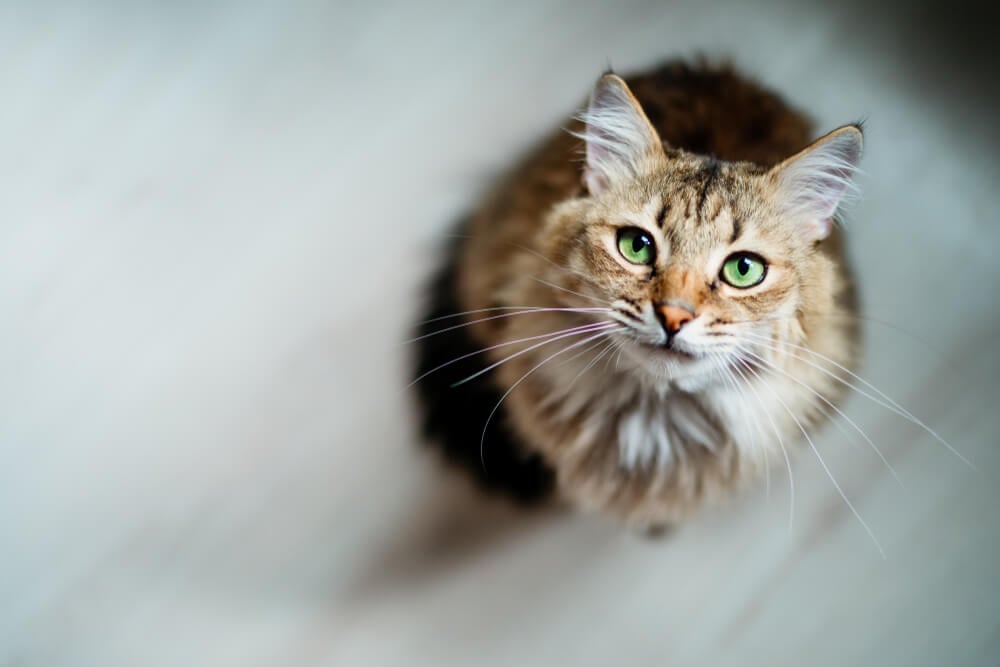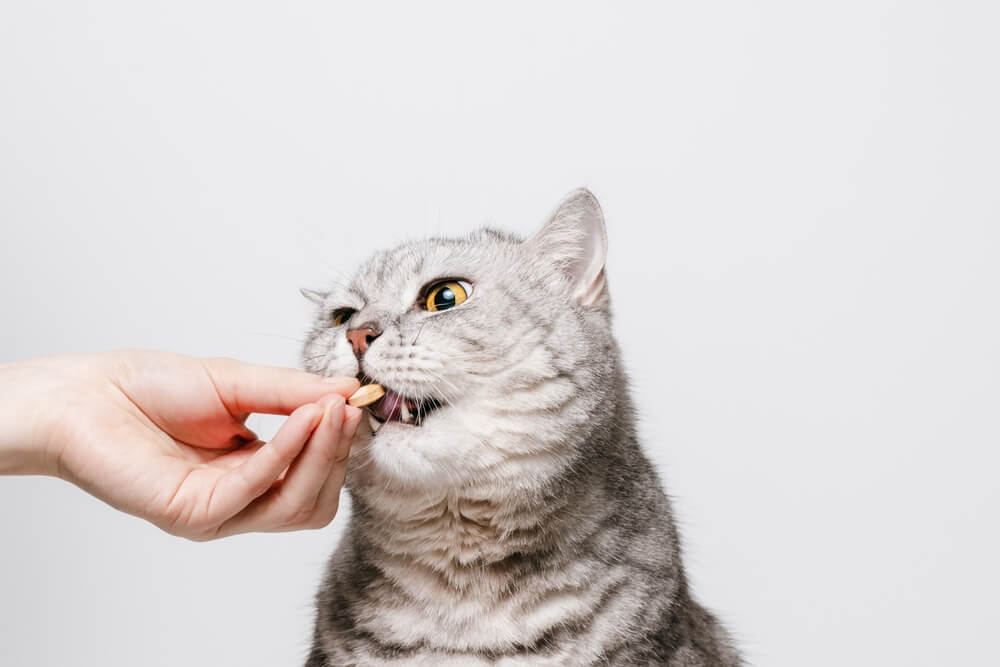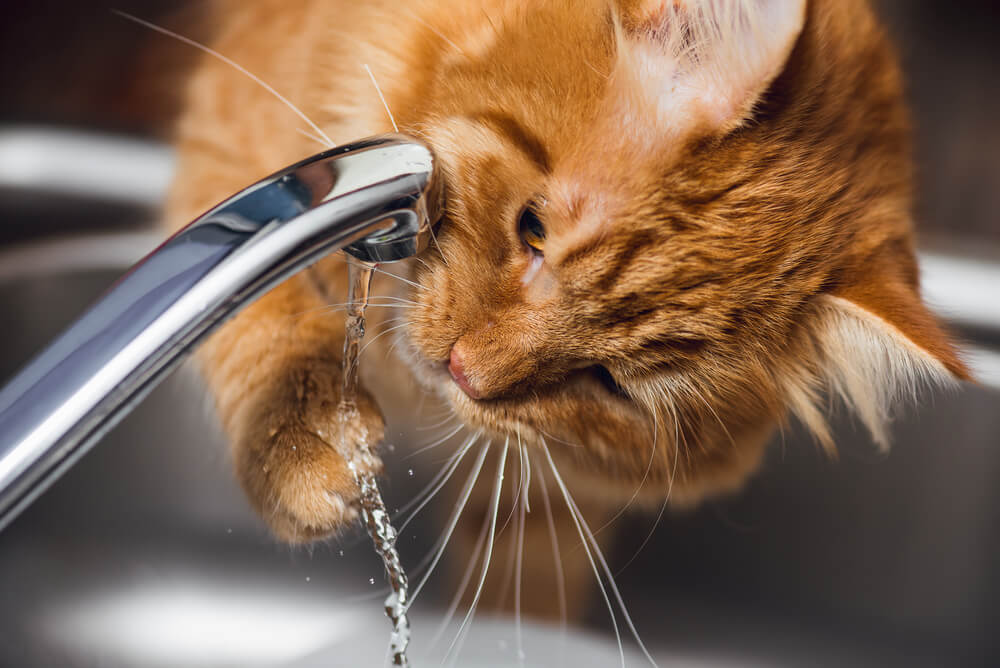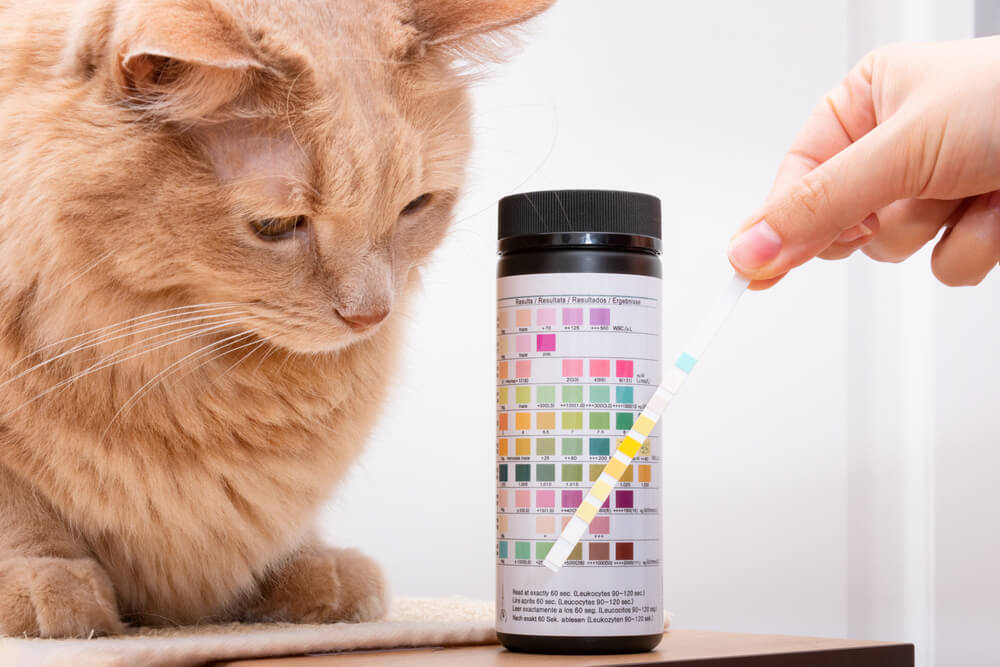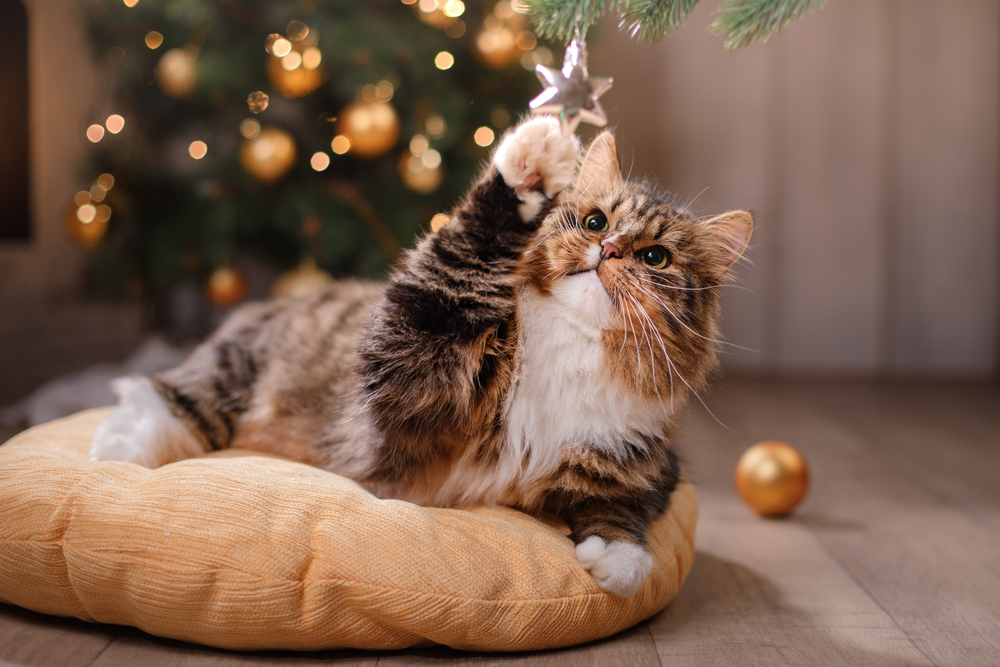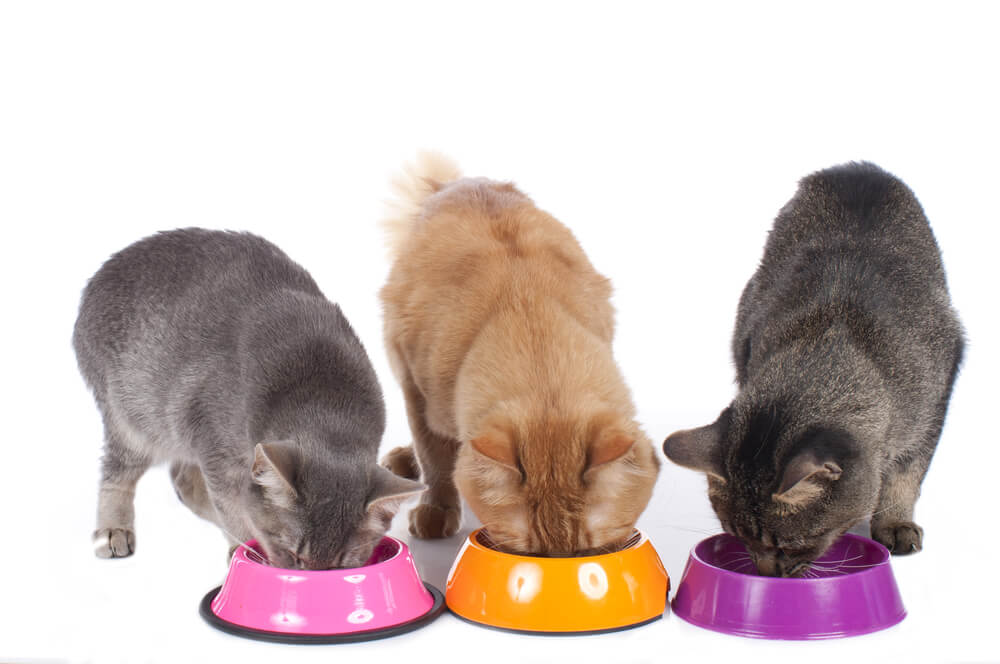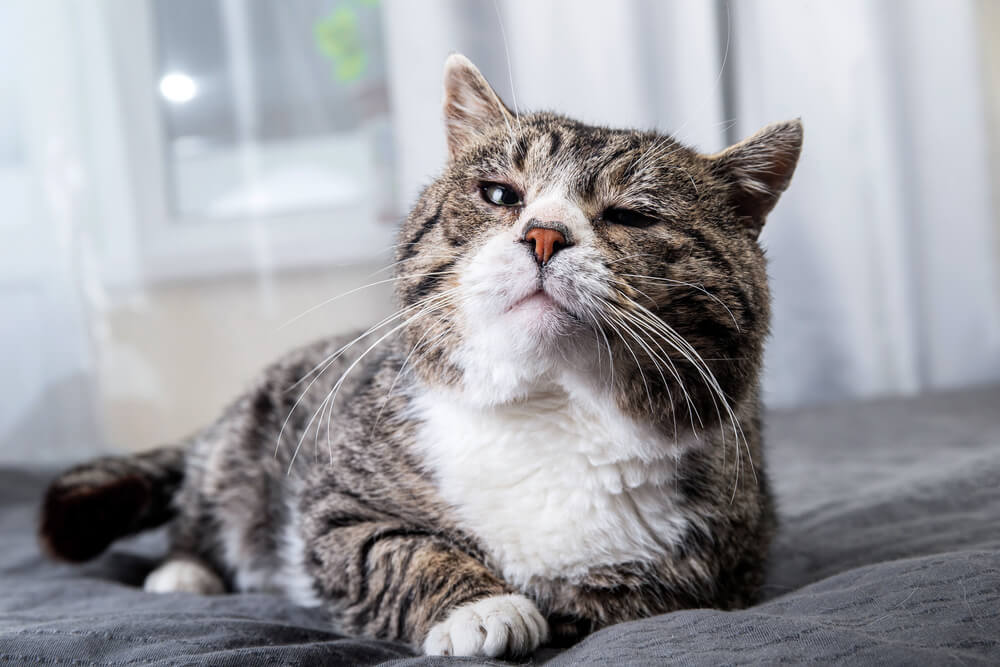
Looking after a senior cat and understanding what an older cat needs is crucial for their health and happiness.
The average cat lifespan is 13-17 years, but many cats can live to 20 or older, and it’s becoming more common — especially if they are well cared for.
We want our furry friends to enjoy life with us on Earth for as long as possible — especially as they hit the elderly years.
But, how do you care for a senior cat, and what are the common signs of an aging feline? Here’s everything you need to know about looking after an elderly cat.
When is a cat considered senior?
Cats are classified as seniors when they turn 11, according to the American Association of Feline Practitioners (AAFP). 1
However, many vets will begin treating cats as seniors after seven years old, meaning wellness exams increase from yearly to every six months. 2
As a cat parent, you’re likely aware of how adept cats are at hiding signs of illness, making it challenging to detect health issues. That’s why it’s wise to start preparing yourself and your cat for the senior life stage sooner rather than later.
What are the signs of a senior cat?
If you are unsure of your cat’s age, there will be a few physical and behavioral signs to show they are entering their senior years.
Physical signs of a senior cat
- Weight loss or weight gain
- Trouble jumping, decreased mobility
- Trouble eating
- Dental disease
- Decreased vision, especially at night
- Decreased hearing
Behavioral signs of a senior cat
- Sleeping more and being less active
- Decreased self-grooming
- Signs of confusion, such as wandering around the house
- Accidents in the house or trouble making it to the litter box
- Increased hiding
Senior cat health issues
Cats can develop health problems at any age and while you can have a healthy, springy senior cat, certain health concerns are more prevalent.
Common health issues among senior cats are:
- Dental disease
- Failing vision
- Diabetes
- Liver disease
- Osteoarthritis
- Kidney disease
- Hyperthyroidism
- Inflammatory bowel disease
- Cancer
- Cognitive dysfunction syndrome
How do you take care of a senior cat?
Keep up with regular vet visits
A healthy adult cat will typically visit the vet once a year for a check-up, but when they turn seven, it’s a good idea to increase these visits. It’s recommended that a senior cat visits the vet at least every six months.
A typical wellness check-up for a senior vet usually involves blood samples. This often includes checking your cat’s thyroid level, urinalysis and heartworm, FeLV, and FIV screening.
Your vet may also recommend a routine blood pressure check for all elderly cats, especially those with health concerns such as kidney disease, diabetes, and hyperthyroidism.
An elderly pet isn’t so different from an elderly person – they are more vulnerable and prone to disease. Keep up with regular vaccines, and medication, and take any advice from your vet on board.
Observe your senior cat closely
Cats are difficult to read so while pet parents observe cats throughout their lives, it’s recommended to keep an extra close eye on an elderly cat.
You might want to weigh your cat regularly to keep tabs on their weight and if you want peace of mind while you’re away during the day, consider a video camera or getting someone to check on them.
Any physical or behavioral change, no matter how small could be an issue for a senior cat, so just keep an extra eye on them when they hit their golden years.
What is the best food to feed an elderly cat?
Senior cats may have different dietary needs than younger cats. As your cat ages, their metabolism will slow down and burning calories becomes difficult (as we know ourselves).
Therefore, it’s a good idea to switch to senior cat food. Senior cat food gives your cat a focused increase of high-quality protein to help adjust levels of fat, making it easier to digest carbohydrates for energy. It also offers vital minerals to help support aging joints and their immune system.
Certain issues such as dental health or disease may affect their diet and you might need to change their food. If this is the case, your vet will be happy to recommend suitable options.
It’s also essential that your cat has access to clean water and are drinking regularly.
Regular exercise
Regular exercise is also important to keep senior cats mobile and maintain a healthy weight. Although your cat may be slower (and lazier), encourage them to move and explore outside if possible.
Grooming
Senior cats have more trouble keeping up with their grooming as they age. They may develop matting, thick nails, a greasy coat, and other problems that weren’t present in their earlier years.
Cats are particular and like to show up well-groomed so help them out a little. Consider taking them to a professional groomer to keep on top of their hygiene and brush them regularly to avoid mats.
How do I keep my senior cat happy?
A healthy cat is a happy cat so if you keep up with vet check-ups and feed your senior cat a suitable diet, you are already showing them a lot of love.
However, senior cats often benefit from a little extra care. Cats love warm places, and senior cats especially. Make sure your cat has a warm, quiet spot to curl up and rest.
Additionally, keeping a litter box on every floor is helpful for senior cats who have mobility issues to avoid unwanted accidents.
Spoil your cat with cuddles and attention (if they enjoy it) because you want your feline’s final years to be extra special.
We uphold the highest editorial standards when creating the authoritative content pet parents rely on and trust.
Every piece of clinical content on the Cat Food Advisor is reviewed by our certified Veterinary Advisory Board, which consists of licensed veterinarians and medically certified specialists.
Our reviews are completely independent; we are not paid by any pet food company to promote their products favorably. We do not accept money, gifts, samples or other incentives in exchange for special consideration. For more information see our Disclaimer & Disclosure page.




